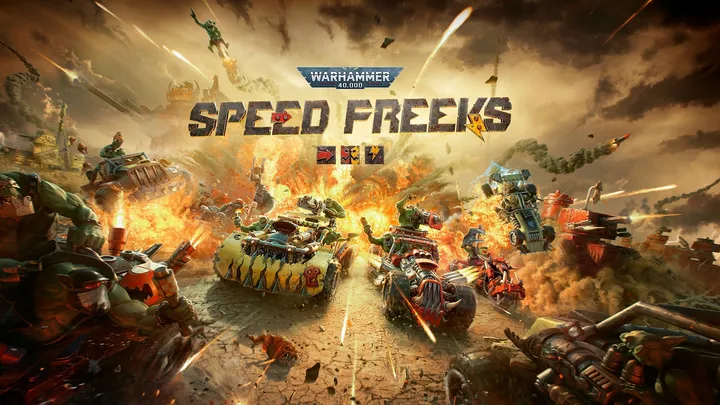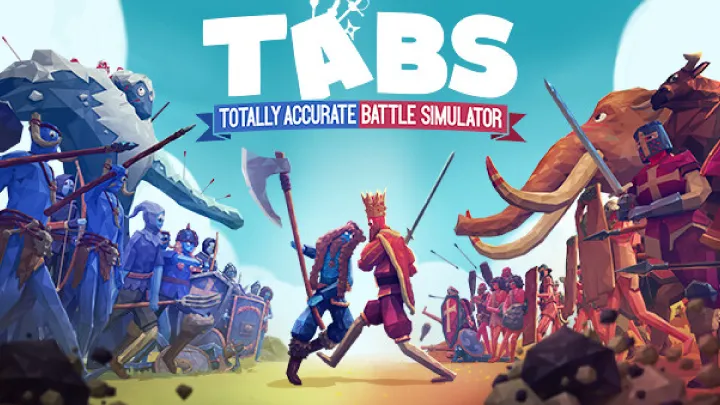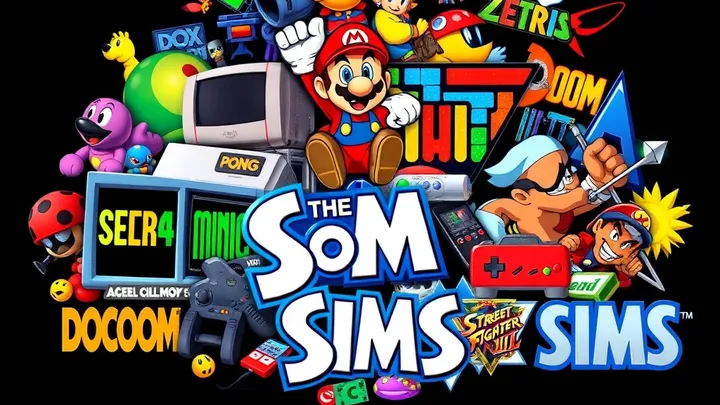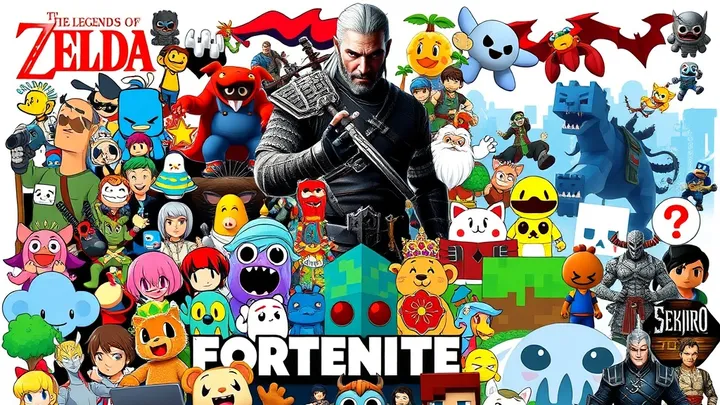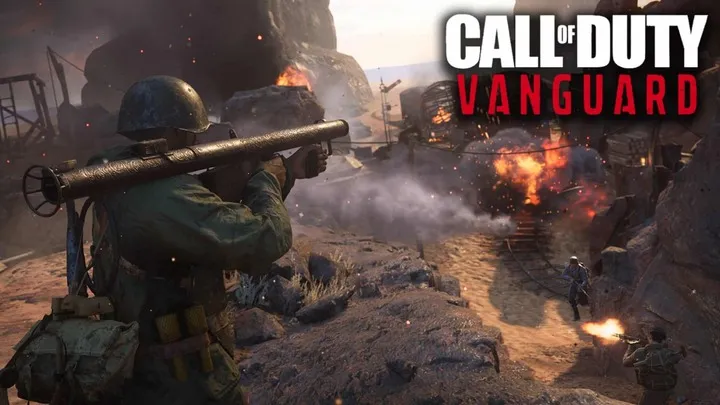Introduction
Esports has grown from small LAN tournaments into a billion-dollar global industry, with millions of fans watching competitive gaming on Twitch, YouTube, and live arenas. While esports is played everywhere, two regions stand out as global leaders: South Korea and Europe.
Korea laid the foundation of professional esports decades ago, creating a culture where competitive gaming is mainstream. Meanwhile, Europe has risen as a diverse powerhouse, excelling in multiple genres and producing some of the world’s most celebrated teams and players. Together, these regions set the gold standard for competitive gaming.
1. South Korea: The Birthplace of Modern Esports
South Korea is often called the home of esports, and for good reason.
Why Korea Leads the Scene:
- Early Infrastructure: PC bangs (internet cafés) in the 1990s made competitive gaming accessible to everyone.
- Government & Industry Support: Esports was recognized as an official sport, with structured leagues and sponsorships.
- Cultural Acceptance: Pro gamers in Korea are treated like celebrities, with fan clubs, media coverage, and endorsement deals.
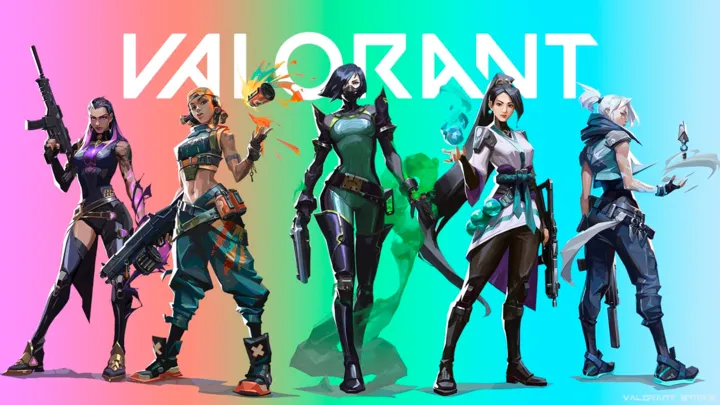
Iconic Games from Korea
- StarCraft: The title that started it all, becoming a national phenomenon.
- League of Legends (LoL): Korean teams like T1 and DAMWON dominate international tournaments.
- Overwatch & Valorant: Korean players continue to set benchmarks for skill and strategy.
Fun Fact: Korea’s League of Legends Champions Korea (LCK) is one of the most-watched esports leagues worldwide, often surpassing traditional sports broadcasts.
2. Europe’s Rise as a Diverse Esports Powerhouse
Europe’s strength lies in its variety and global reach. Unlike Korea, which built dominance around a few key titles, Europe excels across multiple genres.
Why Europe Dominates:
- Regional Diversity: Countries like Sweden, Germany, Spain, and the UK each bring different strengths to esports.
- Strong Organizations: Teams like Fnatic, G2 Esports, and Team Vitality are household names.
- Tournament Hosting: Europe regularly hosts world-class events like ESL One (Germany) and DreamHack (Sweden).

Europe’s Key Esports Games
- Counter-Strike: Global Offensive (CS:GO): European teams like NAVI and Astralis have dominated global stages.
- FIFA Esports: Naturally strong in Europe, given football’s cultural importance.
- Dota 2: Teams like OG have won The International multiple times, cementing Europe’s place in esports history.
Note: FIFA esports mirrors Europe’s love for football, making it one of the most-watched gaming competitions in the region.
3. Korea vs. Europe: Different Styles, Same Results
lthough both Korea and Europe dominate esports, the way they approach the competitive scene is very different. Korea is famous for its discipline and structure. Players train in highly organized team houses, following strict practice schedules that often last more than 10 hours a day. This culture of dedication has made Korean teams in games like StarCraft and League of Legends nearly unbeatable for years. Their strength lies in flawless team synergy and consistency, where every move feels carefully calculated.
Europe, on the other hand, is known for its creativity and flexibility. Instead of relying solely on strict training systems, European players often experiment with innovative strategies. This approach has led to iconic victories in games like CS:GO, Dota 2, and FIFA. European teams such as OG or Astralis are celebrated for adapting quickly to shifting metas, surprising opponents with bold tactics
4. Global Influence of Korea and Europe
Both regions influence esports worldwide:
- Player Exports: Korean players often move abroad, boosting teams in North America and China.
- Tournaments: European events like DreamHack inspire global esports festivals.
- Esports Culture: From Korea’s structured training houses to Europe’s open tournaments, these models shape how other regions develop.
As a result, both Korea and Europe aren’t just participants—they’re trendsetters for global esports.
5. The Future of Esports Powerhouses
Looking ahead, both Korea and Europe will continue to play leading roles, but competition is heating up.
- China: Rising quickly with massive investment and a growing fan base.
- North America: Strong in franchise-based leagues like Overwatch League and Call of Duty League.
- Middle East: New investments and tournaments are expanding esports’ global reach.
Still, Korea’s discipline and Europe’s diversity ensure that they remain at the heart of competitive gaming.
Conclusion
South Korea and Europe are more than just successful regions in esports—they are pillars of the global industry. Korea pioneered professional gaming, building discipline and infrastructure that others still follow. Europe, meanwhile, thrives on creativity and versatility, dominating across multiple genres and shaping esports’ global identity.
Together, they represent the past, present, and future of competitive gaming, ensuring that esports continues to grow as a worldwide phenomenon.



